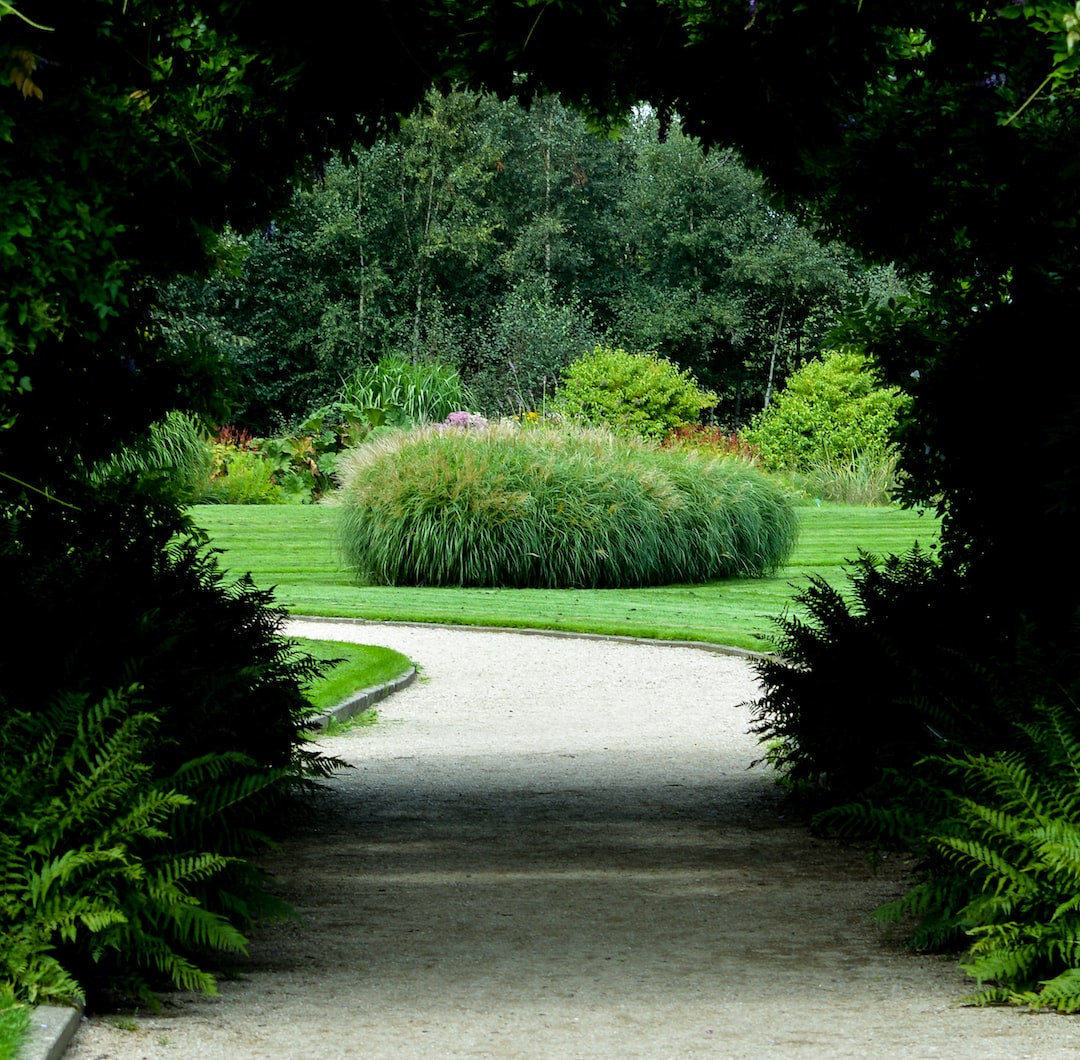Keeping Pests at Bay: Natural Ways to Protect Your Garden
As a passionate gardener, there’s nothing more disheartening than seeing your hard work being devoured by pests. Whether it’s slugs munching on your lettuce or aphids sucking the life out of your roses, pests can quickly turn a thriving garden into a chaotic mess. While it may be tempting to reach for chemical pesticides to solve the problem, there are numerous natural ways to protect your garden and maintain a healthy ecosystem.
Creating a diverse and balanced garden is the first step towards keeping pests at bay. Just like in nature, a well-rounded garden with a variety of plants will attract beneficial insects that feed on pests. By incorporating a mix of flowers, herbs, and vegetables, you’ll create a vibrant environment that encourages biodiversity and strengthens the natural defenses of your garden.
Companion planting is another effective method to naturally deter pests. Certain plants have properties that repel or confuse insects, serving as natural repellents. For instance, marigolds emit a scent that repels aphids, whiteflies, and nematodes, making them the perfect companion for tomatoes and roses. Planting basil near your tomatoes can also help repel tomato hornworms, while attracting beneficial pollinators like bees.
An organic mulch layer can work wonders in protecting your garden from pests. Mulching not only helps retain moisture in the soil, but it can also act as a barrier against crawling insects. Organic materials such as straw, wood chips, or crushed eggshells create an inhospitable environment for pests like snails and slugs. Additionally, mulch provides a hiding place for beneficial insects, such as ground beetles and spiders, which prey on garden pests.
Another natural pest control method is the use of beneficial insects. Ladybugs, lacewings, and praying mantises are all voracious predators that feed on aphids, mites, and other pest insects. You can attract these beneficial insects by planting a variety of nectar-rich flowers such as daisies, sunflowers, and lavender. Building a small pond or water feature will also invite beneficial insects like dragonflies and damselflies, which feed on mosquitoes and flies.
To further protect your garden from pests, consider implementing physical barriers. Row covers made from lightweight fabric can shield your crops from flying insects such as cabbage moths and flea beetles. Netting can also be used to keep birds and squirrels away from ripening fruits and vegetables. Installing fences or erecting chicken wire around your garden will provide an extra layer of defense against larger pests like rabbits and deer.
Maintaining proper garden hygiene is crucial in preventing pest infestations. Regularly inspect your plants for signs of pests and diseases, and promptly remove any affected parts. Pruning and thinning your plants will improve air circulation, discourage fungal diseases, and make your garden less appealing to pests. Additionally, proper watering practices, such as watering in the morning and avoiding overwatering, will help prevent conditions that attract pests, like slugs and snails.
While it may be tempting to resort to chemical pesticides when faced with a persistent pest problem, it’s important to consider the long-term consequences. Chemical pesticides not only harm the pests but also disrupt the delicate balance of your garden’s ecosystem, killing beneficial insects and potentially contaminating the soil and water. Natural pest control methods, on the other hand, allow for a more sustainable and harmonious coexistence between you and the pests in your garden.
In conclusion, keeping pests at bay in your garden doesn’t have to involve harsh chemicals or toxic pesticides. By creating a diverse and balanced garden, practicing companion planting, using organic mulch, attracting beneficial insects, implementing physical barriers, maintaining proper garden hygiene, and embracing natural solutions, you can effectively protect your garden from pests while promoting a thriving and healthy ecosystem. Remember, a little patience and a few innovative techniques can go a long way in keeping your garden beautiful and pest-free.

